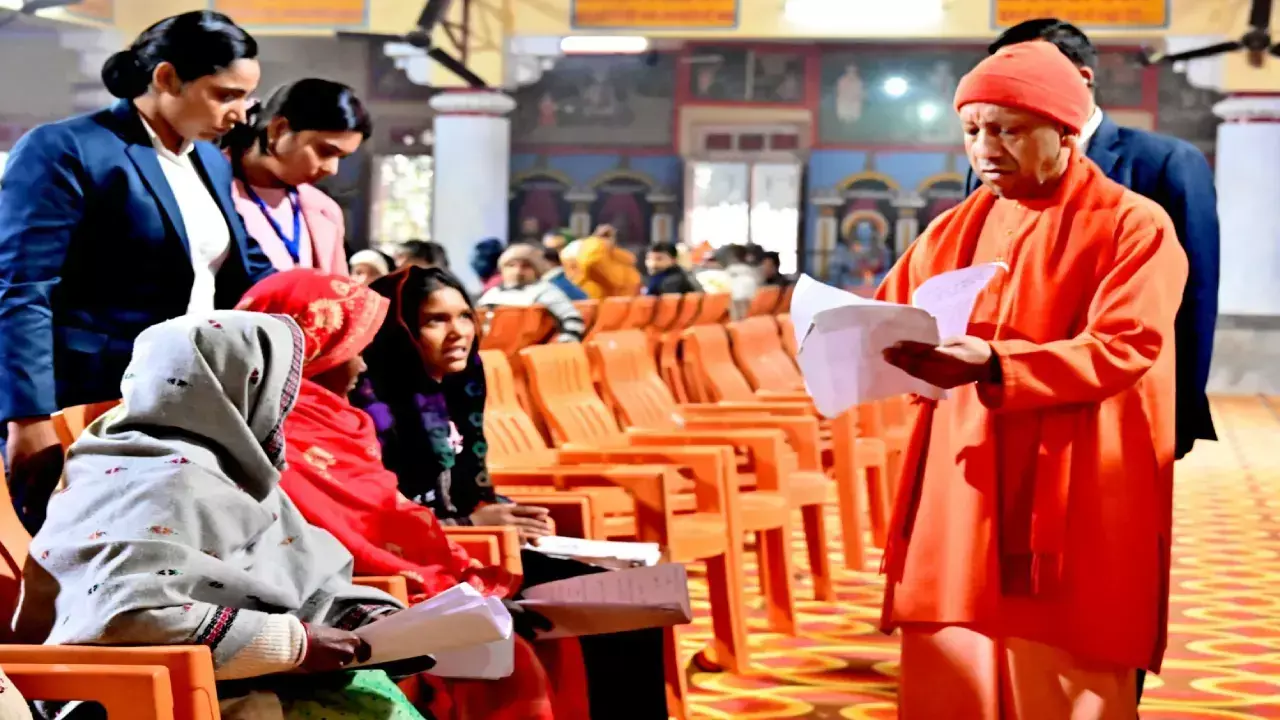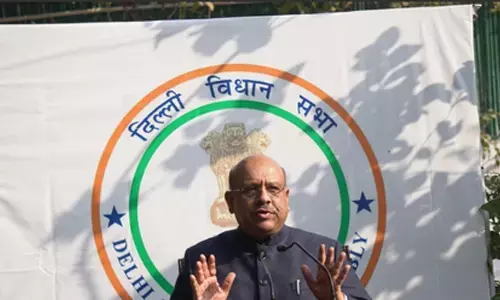Aspiring scientists should get trained abroad
Prof. V Jayathirtha Rao, Director Grade Scientist at the Indian Institute of Chemical Technology, Hyderabad, gives an insight into a day in the life of a researcher
Pratima Shantaveeresh
When did you become a scientist?
I became a scientist in 1989 after completing PhD from Indian Institute of Science, Bangalore. After that, I went to Columbia University, USA. I was a Post Doctoral Fellow there. Then I was in Germany for a year as Alexander von Humboldt fellow. This abroad experience and PhD from IISC fetched me a job in IICT.
What inspired you to become a scientist?
My family background and my willingness to go for higher studies contributed towards me becoming a scientist. I studied in Telugu medium till BSc. When I was doing MSc, I got to know about IISC through my seniors. I dreamt of doing research in the reputed institute. The academic environment at IISC is student-driven and the knowledge we get there is abundant. Energy levels and inspiration is eternally on a high and that kept me motivated. It was stepping point into the research line.
What comes to our mind when we think of a scientist is a person completely engrossed in his experiment and not bothered about what is happening around. That they work day and night. Do scientists really live this kind of life?
Many scientists are addicted to science. They get involved in their research and in the long run, they tend to forget things. Even if a normal person is involved in any work, whatever people around him say and do don’t get registered in his central nervous system.
Do you also face this?
Yes, when I start from home, I start thinking about what I will be doing today. During this time, if anyone asks me anything, I just stare at them blankly.
What is your typical day like?
We scientists generally work for 10 hours a day. There are no time constraints. We do try to stick to our regular schedule which is 9 am -5 pm. Even after coming home, I talk to my students. Then I rest and begin work again the next day.
What is the good and the bad part of being a scientist?
The good parts are our patents getting granted; research work getting published in reputed journals; and our students getting a PhD degree or a job is a party time for us. Bad part is when our patent falls through and we have to work on it again.
Has any of your experiments been unsuccessful after a lot of hard work has gone into it?
While doing research, if any experiment is not going the right way, we get an indication in between. Then we change our course of work and try to achieve the same in a different way.
What are your good days and bad days like?
Talking to students about their projects and realising that the results ahead makes us happy. Being able to deliver whatever the experiment needs to be successful also brings us joy. Bad days are when administrative procedures hamper our work. And when we get to know that any of the persons who is working on a particular project is leaving because of some personal issues, it is disheartening as the training we have given to him goes waste; also, we will have to start looking for another person with similar capabilities and train him and the project also gets delayed because of that. It happens many a times that once a student completes his dissertation work, he gets a job and he leaves.
What are the skills required to become a scientist?
An aspiring scientist should improve his credentials like going abroad for training and publishing his work and getting patents. He has to prove himself. Now competition is higher. Apart from this, the scientist should have an inbuilt enthusiasm required for Science. Many students get attracted to IT because of the pay. In Science we achieve things we only dreamt of and show it to everyone. Extra professionalism is crucial for aspiring scientists. He should not get digressed with petty things. He should focus to what he wants to do.
How much can a fresher earn on an average?
The pay scale begins at Rs 30,000 a month. Salary increases with experience.

















